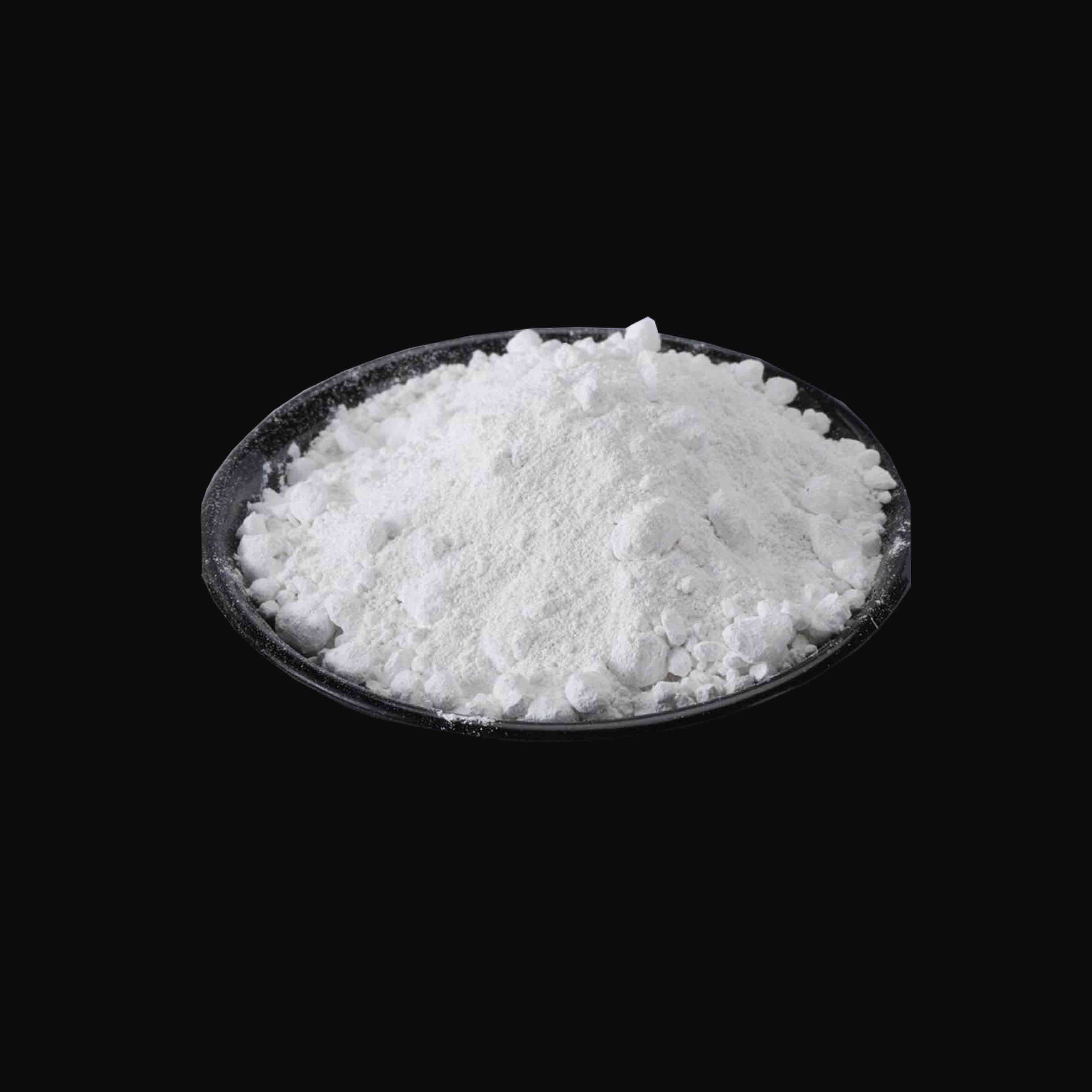...
2025-08-14 08:50
2469
...
2025-08-14 08:44
1084
...
2025-08-14 08:36
651
...
2025-08-14 08:11
2994
14
...
2025-08-14 08:02
963
...
2025-08-14 07:47
946
...
2025-08-14 07:36
1891
...
2025-08-14 07:34
419
...
2025-08-14 07:26
429
...
2025-08-14 07:25
989
